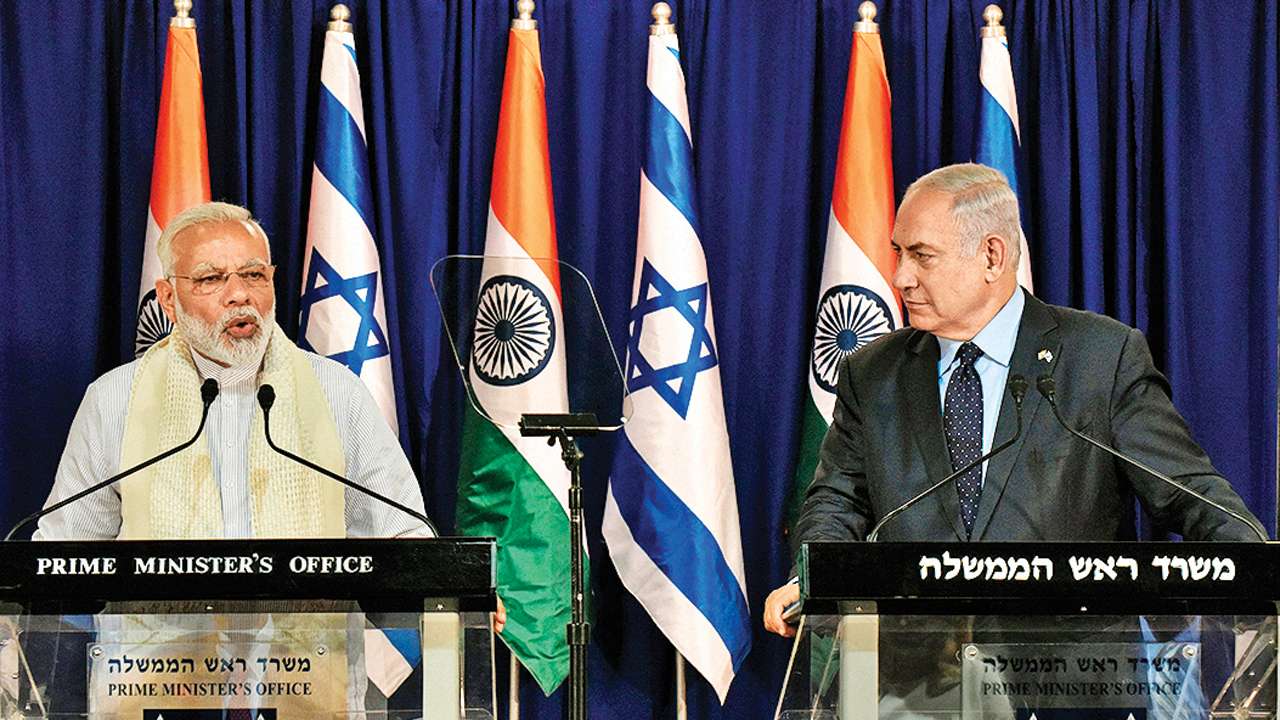
The year is starting with the upcoming visit of Israeli Prime Minister Benjamin Netanyahu to India. This visit will further shape Indo-Israeli relations especially at a time when India has just voted against the ‘Jerusalem vote’ at UNGA last month. When Netanyahu comes, the political leadership in India will try to do a ‘balancing act’.
After that comes the visit of 10 heads of states from ASEAN countries as guests for the 69th Republic Day celebrations. With this, India will look to push forward its ‘Act-East Policy’. The occasion also coincides with the 25th anniversary of Indo-ASEAN relations as India looks forward to strengthen its relations with ASEAN member states.
On the geo-economic front, the first consignment of goods would be sent from Mumbai through the INSTC trade corridor in the middle of this month. Once fully operationalised, the INSTC will boost India’s trade relations with Central Asian States.
The biggest diplomatic challenge in 2018 for India would be to gain entry into the elite export control groups like Nuclear Suppliers Group (NSG) and the Australia Group. With India’s entry into the Wassenaar Arrangement last month and its entry into Missile Technology Control Regime (MTCR) in 2016, India has already proved its nuclear non-proliferation credentials and improved its status in the international system.
Last time, China had stonewalled India’s entry into the 48-member NSG group by objecting to the fact that India is a non-signatory to the Non-Proliferation Treaty (NPT). With Indo-China relations already strained, China would again try to block India’s membership into the group.
The appointment of Vijay Keshav Gokhale as India’s new foreign secretary this year could come in handy to deal with the Chinese challenge. The new foreign secretary is considered to be an expert on China and is proficient in the Chinese language.
He was also instrumental in de-escalating the Doklam crisis. His know-how of Chinese diplomacy could prove very fruitful for India to gain entry into NSG. If India manages to become a member of both NSG as well as Australia group, it would be considered as a very big diplomatic win for India.
The next big challenge for India would be to ‘balance itself’ between Russia and USA. India’s growing proximity to US and its entry into coalition groups like ‘Quad’ is being perceived by many scholars as India shedding away its non-aligned status and moving away from Russia. Though India has always valued its long-time friendship with Russia, but in international relations as in life, actions speak louder than words.
Being non-aligned has always been in India’s best interests. India can’t afford to drift away from Russia as it’s a tried and tested ally. India needs to show Russia that it is still a valuable ally. It will also prevent Russia from drifting towards Pakistan, which is already hand-in-gloves with China. Lately, Russia’s increasing proximity with Pakistan is seen as a result of India’s increasing proximity to USA.
Lastly, 2018 would also be interesting in terms of India’s ‘neighbourhood policy’, especially its relations with Pakistan. Being a ‘pre-election year’ to Lok Sabha 2019 polls, political parties will tend to garner ‘vote’ and ‘support’ by using India’s response to Pakistan at the borders. Diplomatically, India will look to have a peaceful atmosphere with its neighbours and strengthen its position as one of the major powers in the international system.
The author is a junior research fellow at School of International Studies, JNU